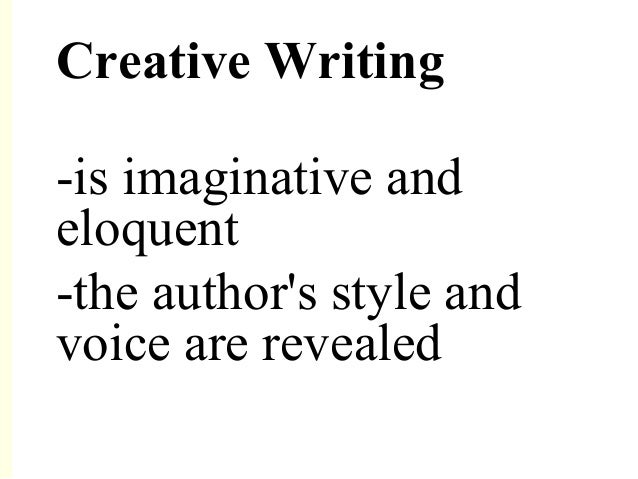Blog Post 3
Dear Blog,
Today I watched an interesting video by Bill Taylor, the founding editor of Fast Company, about reading my writing out loud. I’ve been given this advice many times in my life but have only ever tried it a couple times. Previously, I was told to use this method as a way to check that my wording sounds right and that I do not have any grammar mistakes. I have also used it to make sure my writing is not too repetitive. This article talks more About how reading out loud can be used to make sure it sounds right when it is read by someone else: https://medium.com/the-writer-shed/five-reasons-you-should-read-your-writing-out-loud-90269464cfed.

Mr. Taylor advises use to use this method to see if our writing is memorable. He encourages us to think about whether our writing will stick with the reader. Are we using data in interesting and clever ways? Does our piece start out with an interesting attention grabber? Are we telling a story that compels people to feel something about our topic?
While reading aloud was immensely helpful when checking my grammar and sentence structure on the rare occasion I did it, I had never considered using it to see if my writing will actually grab the reader’s attention. It can be used to hear if your word choice is varied and interesting, or repetitive and monotone. It can be used to see if you are properly conveying the tone you want to convey in certain parts of your writing. It can even help you pinpoint areas that you think should have more or less emphasis! Standoutbooks even recommends reading it aloud to another person because it forces you to pay more attention to what you are reading: https://www.standoutbooks.com/reading-aloud-improve-writing/.

As I read this post aloud to myself, I have found multiple areas that sounded boring and monotonous, as well as several periods that I changed to exclamation points because, when reading them allowed, I said those sentences as an exclamation rather than just another sentence. I also decided to switch a few of my sentences around because they sounded out of order when reading them aloud, even though I did not mind keeping them where they were when reading silently. If you want to read more about this, ProWritingAid provides some additional information about the brain connection to reading out loud, as well as more details about how it can help you notice errors in your writing: https://prowritingaid.com/art/1464/why-it-s-important-to-read-your-manuscript-aloud.aspx.
